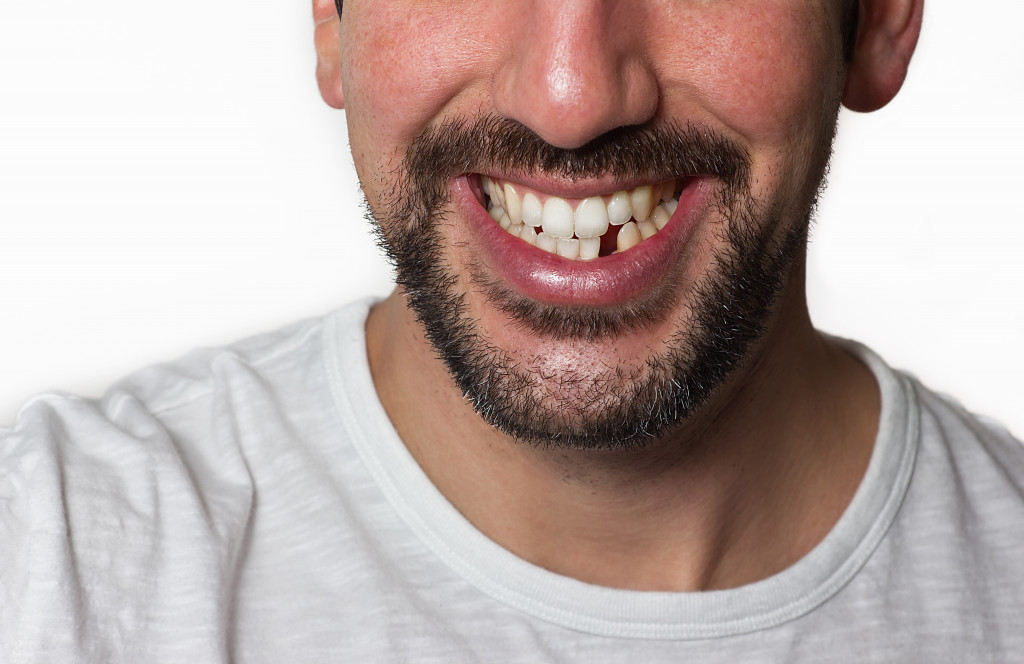- Tooth loss can have dangerous consequences for physical and mental health.
- Potential physical complications include jawbone deterioration, speech difficulties, and facial shape/structure changes.
- Mental health effects of tooth loss include lack of self-confidence, depression, anxiety, etc.
- Preventive measures such as regular dental visits and brushing/flossing can help reduce the risk of tooth loss.
- Treatments such as dental implants and bridges are available to manage tooth loss if it does occur.
It’s easy to forget about your teeth until something goes wrong. But in fact, the health of your teeth has a lot to do with your overall well-being. Tooth loss is more than just an inconvenience; it can have dangerous consequences for your health. This blog post will explore the potential dangers of tooth loss and how to protect yourself.
Potential Physical Complications
If you have lost one or more teeth, you may be aware of the aesthetic issues that can arise from missing teeth. However, you may not know that potential physical complications are also associated with tooth loss. Understanding these possible physical complications is essential to take the necessary steps to protect your health and prevent further damage.
Jawbone Deterioration
One of the most common physical effects of missing teeth is jawbone deterioration. When a tooth is lost, it creates a space in your jawbone where the tooth root used to be. This space can cause the bone to deteriorate over time because it no longer receives stimulation from the tooth root.
The bone tissue will eventually become weak and brittle, leading to a condition known as resorption. Jawbone deterioration can lead to facial shape and structure changes if left untreated.
Speech Difficulties
Missing teeth can also lead to speech difficulties. Teeth play an important role in allowing us to form certain sounds when speaking—without them; it becomes much harder for us to articulate certain words clearly and accurately. Speech difficulties can make it harder for people missing teeth to communicate effectively, especially in social situations or speaking publicly.
Mental Health Effects

It’s not just physical effects that people need to be aware of when it comes to tooth loss; mental health also plays a vital role in overall well-being. Missing teeth can result in a lack of self-confidence due to feeling self-conscious about their appearance.
Some individuals think they are embarrassed by missing teeth and avoid social situations or new experiences. This lack of confidence can lead to depression, anxiety, and other mental health issues if left untreated for too long.
Preventive Measures
Luckily, there are some steps you can take to help prevent tooth loss from happening in the first place! Regular dental visits < style=”background-color: rgba(255, 0, 0, 0.3);”>are essential</> for maintaining good oral hygiene habits and managing existing conditions,s such as gum disease before they become serious problems.
Additionally, brush your teeth twice daily with fluoride toothpaste and floss at least once daily< style=”background-color: rgba(255, 0, 0, 0.3);”> to</> keep your gums healthy and reduce plaque buildup on your teeth. Finally, suppose you notice any signs of tooth decay or infection (such as sensitivity). In that case, it’s best to visit your dentist right away so they can address the issue before it becomes more serious.
Managing Tooth Loss
The good news is that there are ways to manage tooth loss if it does occur. Depending on your situation and the number of teeth that are missing, your dentist may recommend the following options:
Dental Implants

Dental implants are generally considered the gold standard for treating tooth loss. They are artificial root systems embedded into the jawbone and act as an anchor for replacement teeth.
A tooth implant can provide a secure base for replacement teeth and look and feel just like natural teeth. This help to preserve bone mass in the jaw by stimulating bone growth, which is important for maintaining facial structure over time.
Bridges
Another popular treatment for managing tooth loss is “bridges< style=”background-color: #fee481;”>.”</> Bridges are false teeth fused between two crowns that fit over existing healthy teeth or dental implants on either side of the missing tooth area.
The bridge essentially “bridges” the gap created by the missing tooth/teeth with a prosthetic that looks and functions just like natural teeth. Bridges can be made from porcelain, metal alloys, or combined, depending on your preferences and needs.
In summary, while losing one or more teeth may seem like an inconvenience at first glance, it actually has much more serious implications for our overall physical and mental health if not addressed quickly and correctly. Being proactive and taking preventive measures can help to reduce the risk of experiencing any complications from tooth loss. Taking the necessary steps to protect your health and prevent further damage is essential and can help you maintain a higher quality of life in the long run.

